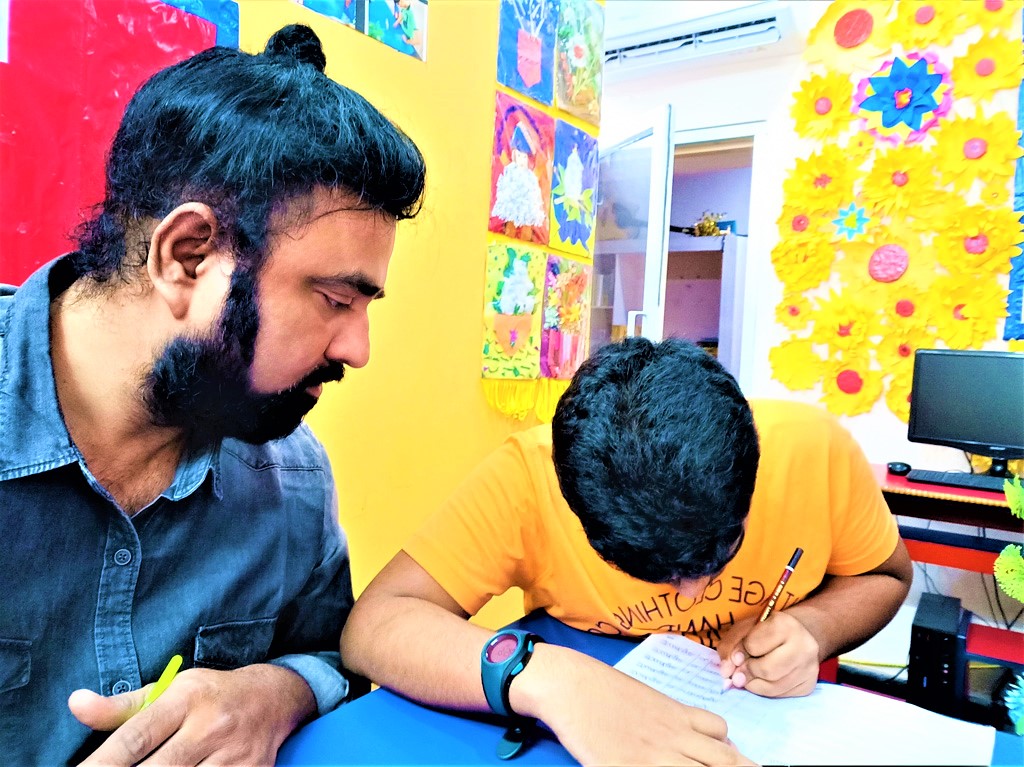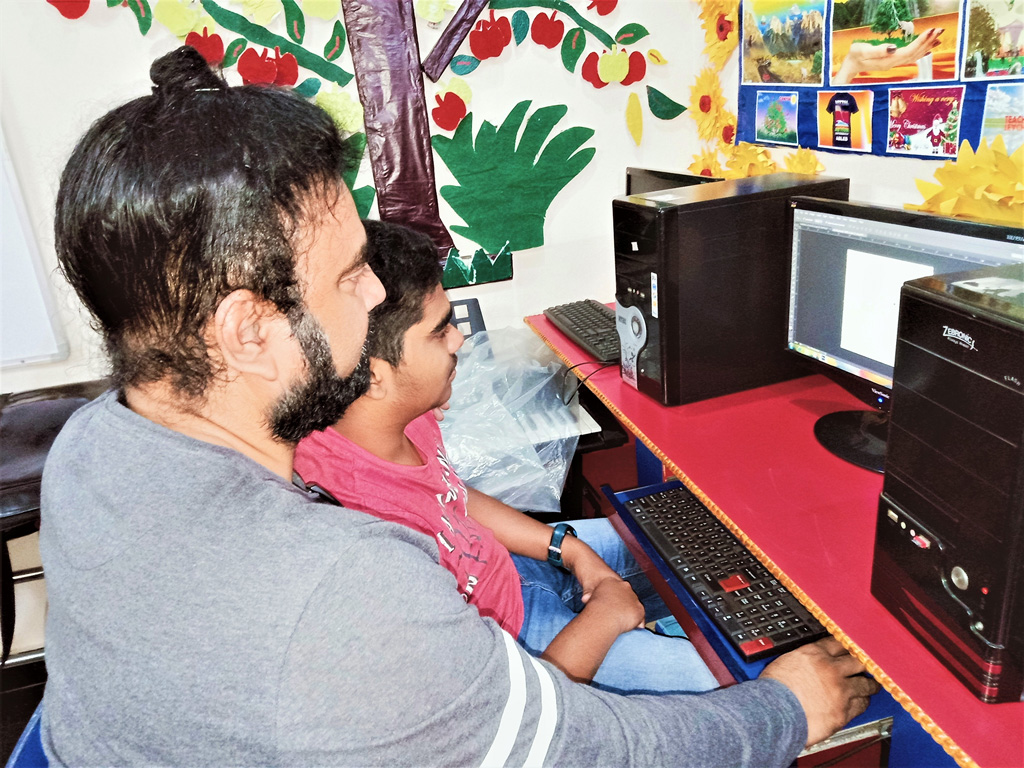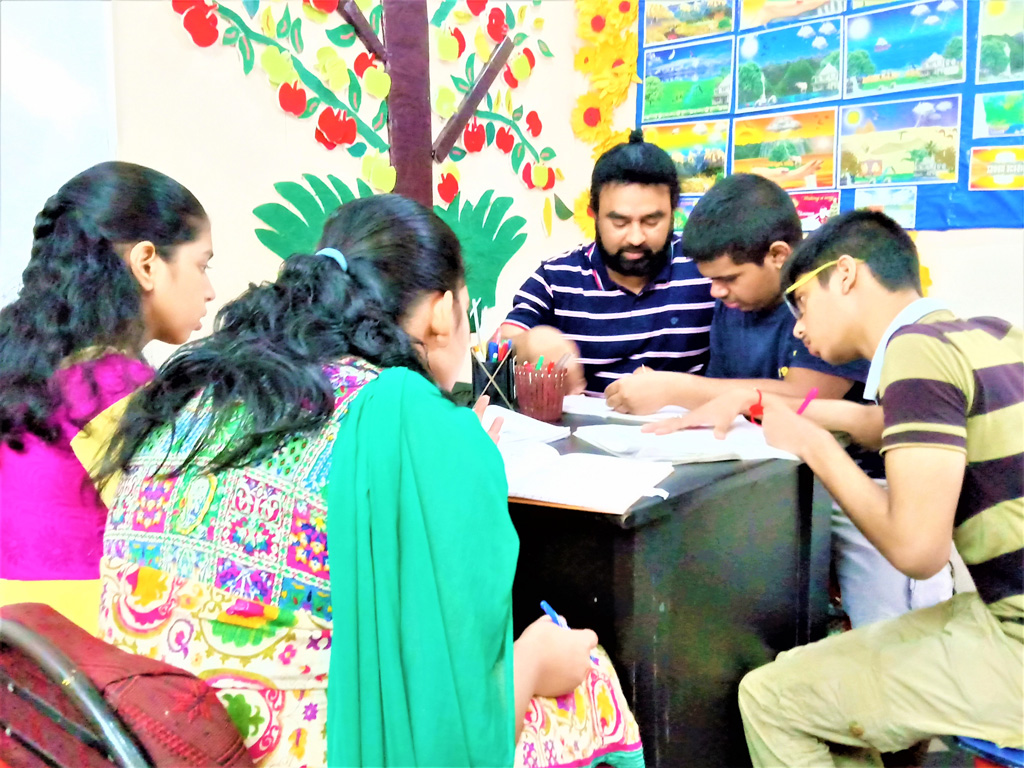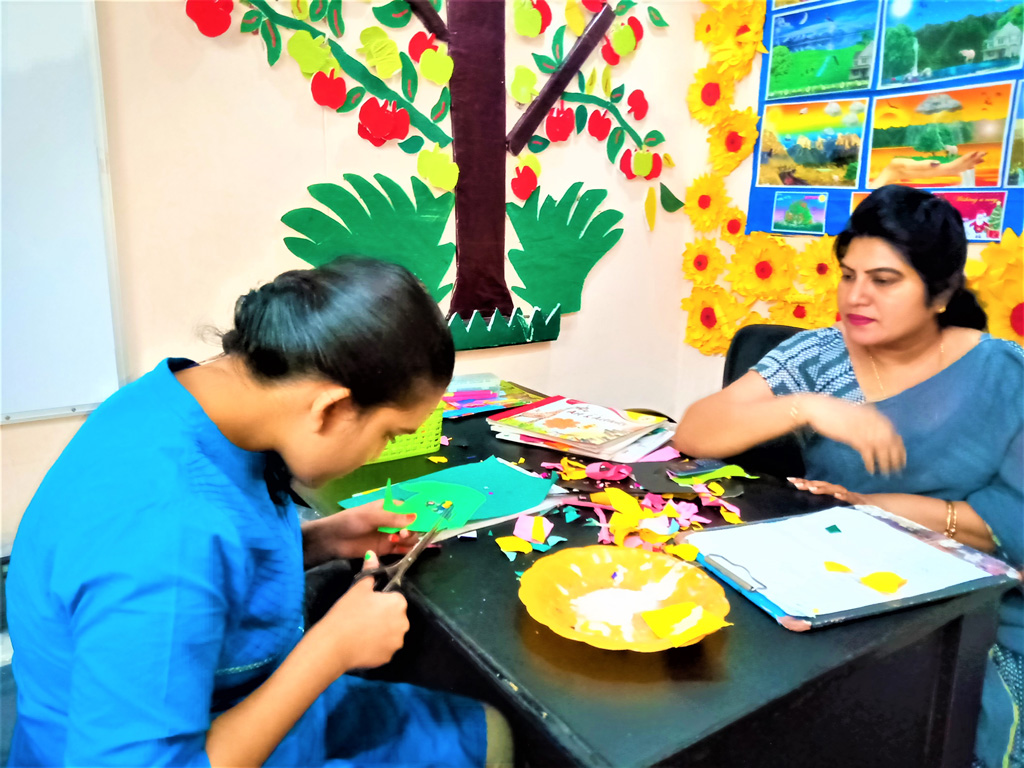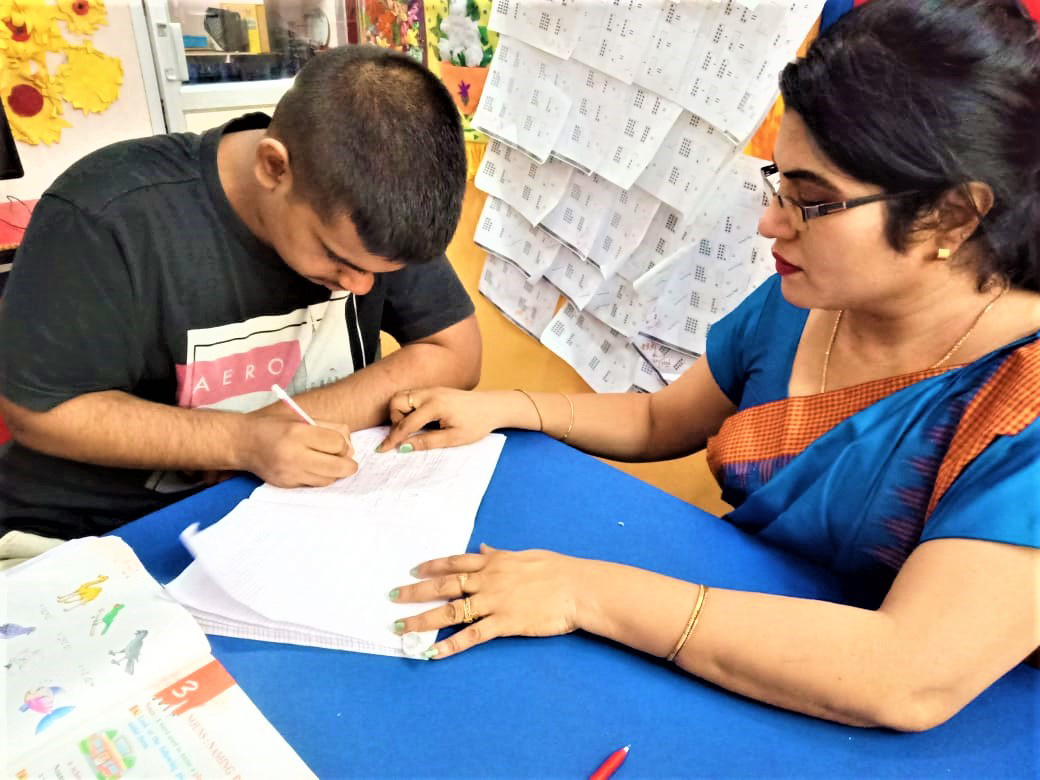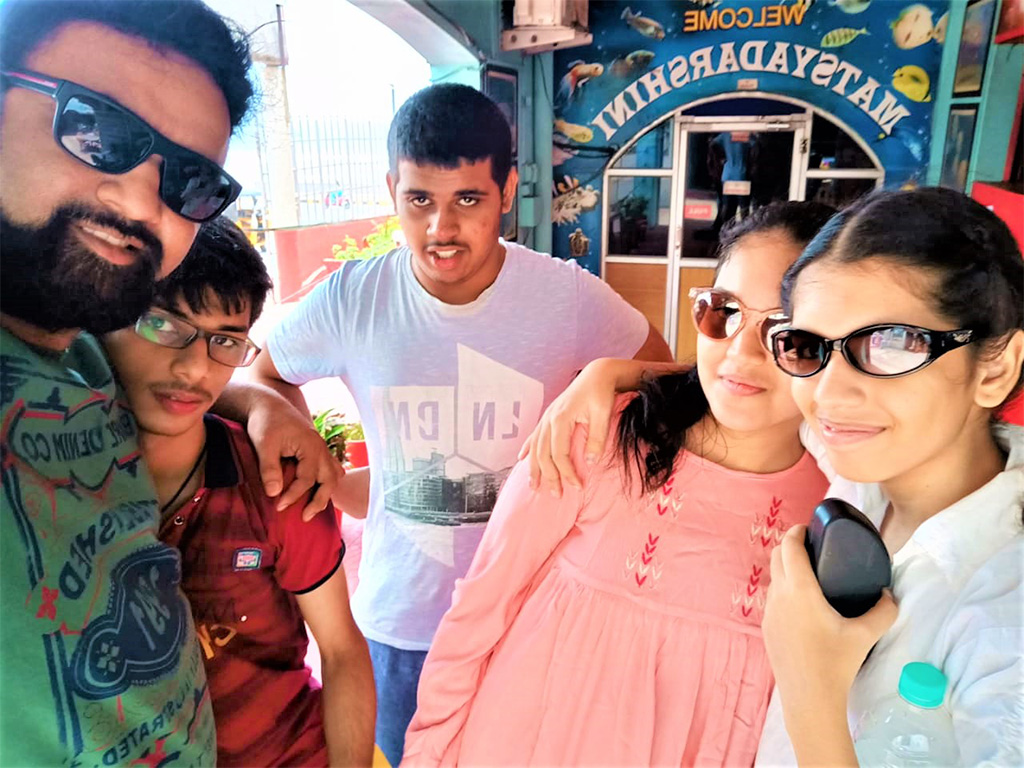
Behaviour Modification, Social and Life skills Enhancement

AUTISM CARE CENTRE
Introducing Android Apps using Tabs to the Children with special needs

AUTISM CARE CENTRE
Special Education, Remedial Education, & Social and Life Skills

AUTISM VOCATIONAL CENTRE
Computer Graphics, Digital Photography, Audio Mixing & Video Editing

ART & CRAFT
MULTI-MEDIA(2D & 3D) TRAINING
T-SHIRT & MUG PRINTING
AUDIO MIXING & VIDEO EDITING
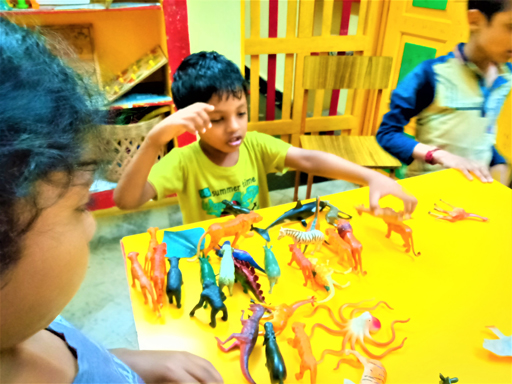




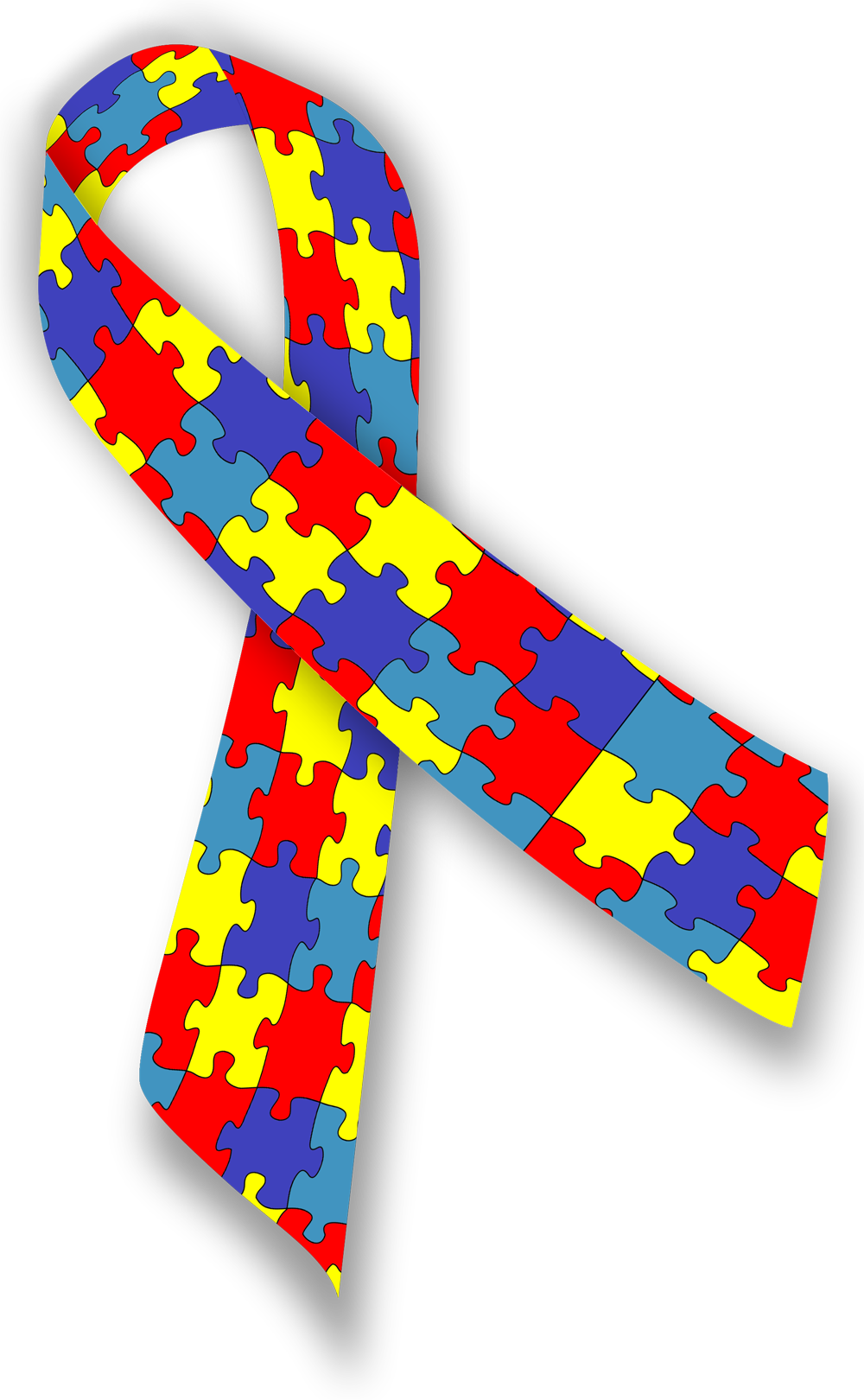
 ADMISSIONS ARE IN PROGRESS - ENROLL TODAY!!
ADMISSIONS ARE IN PROGRESS - ENROLL TODAY!!